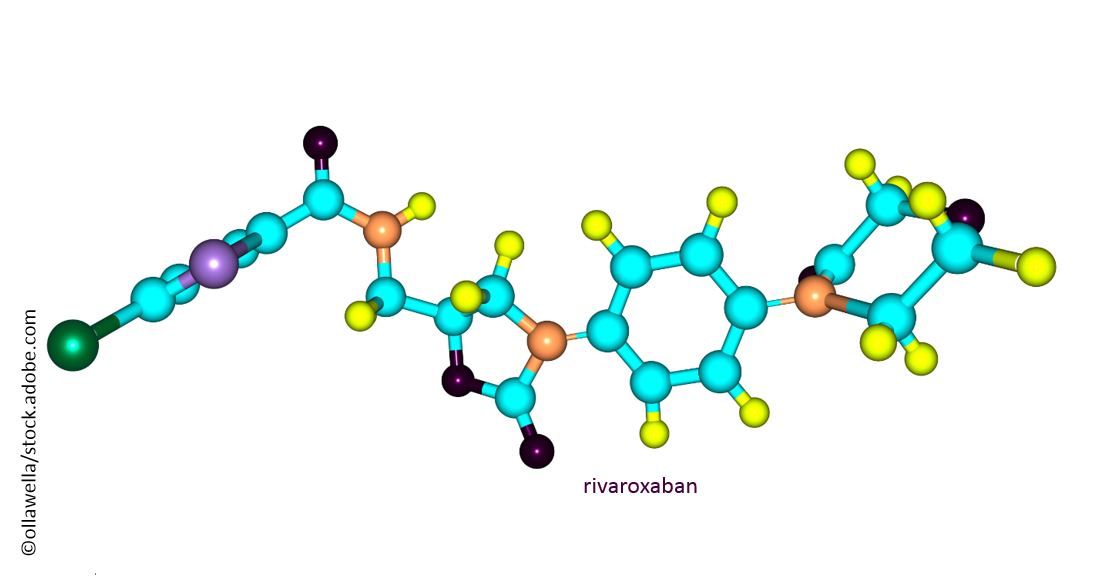COMPASS Trial Afterthoughts
Have results of the COMPASS trial (rivaroxaban + aspirin in stable CAD) changed your opinion or clinical use of anticoagulants in patients post-ACS? If so, how?

The direct oral anticoagulants (DOACS) have been finding extended utility since their discovery. Their progress in the realm of coronary disease (CAD), however, has been inconsistent. In APPRAISE 2, higher-dose (5 mg) anticoagulation with apixaban was not beneficial after acute coronary syndrome (ACS), and in fact, was associated with excessive bleeding. In the ATLAS ACS 2 study, rivaroxaban, at doses of 2.5 and 5 mg twice a day, when added to a regimen of dual antiplatelet therapy after ACS reduced vascular events and mortality.
Results of theCOMPASS (Cardiovascular Outcomes for People Using Anticoagulation Strategies) trial are a positive addition to the DOAC-CAD data.
Patients with stable CAD-most many years away from either an ACS or revascularization procedure-given rivaroxaban, 2.5 mg twice a day in combination with 100 mg daily aspirin-experienced a 26% reduction in major vascular events and a 24% decrease in death. So, COMPASS has expanded the ATLAS ACS 2 results by demonstrating that the addition of rivaroxaban to aspirin therapy is beneficial.
The authors were transparent about the downsides of the rivaroxaban-aspirin regimen. First of all, 5 mg twice daily of rivaroxaban had been tried, but caused excessive bleeding. The 2.5 mg twice daily rivaroxaban-aspirin regimen led to major bleeding in 263/8313 patients or 3% compared to 2% (158/8261) in the aspirin alone group. The most common site of bleeding in the rivaroxaban/aspirin cohort was gastrointestinal. However, intracranial and fatal bleeding were not significantly different between aspirin alone versus aspirin + rivaroxaban. Patients of advanced age experienced more bleeding events. Also, the design of the study led to more patients ingesting a proton pump inhibitor than in usual practice.
Does the beneficial vascular and overall mortality advantage seen with the aspirin/rivaroxaban combinatinon trump the observed major bleeding risk? Which combinatinon/s are most effective in your practice?
Please send us your thoughts via editor@patientcareonline.com.